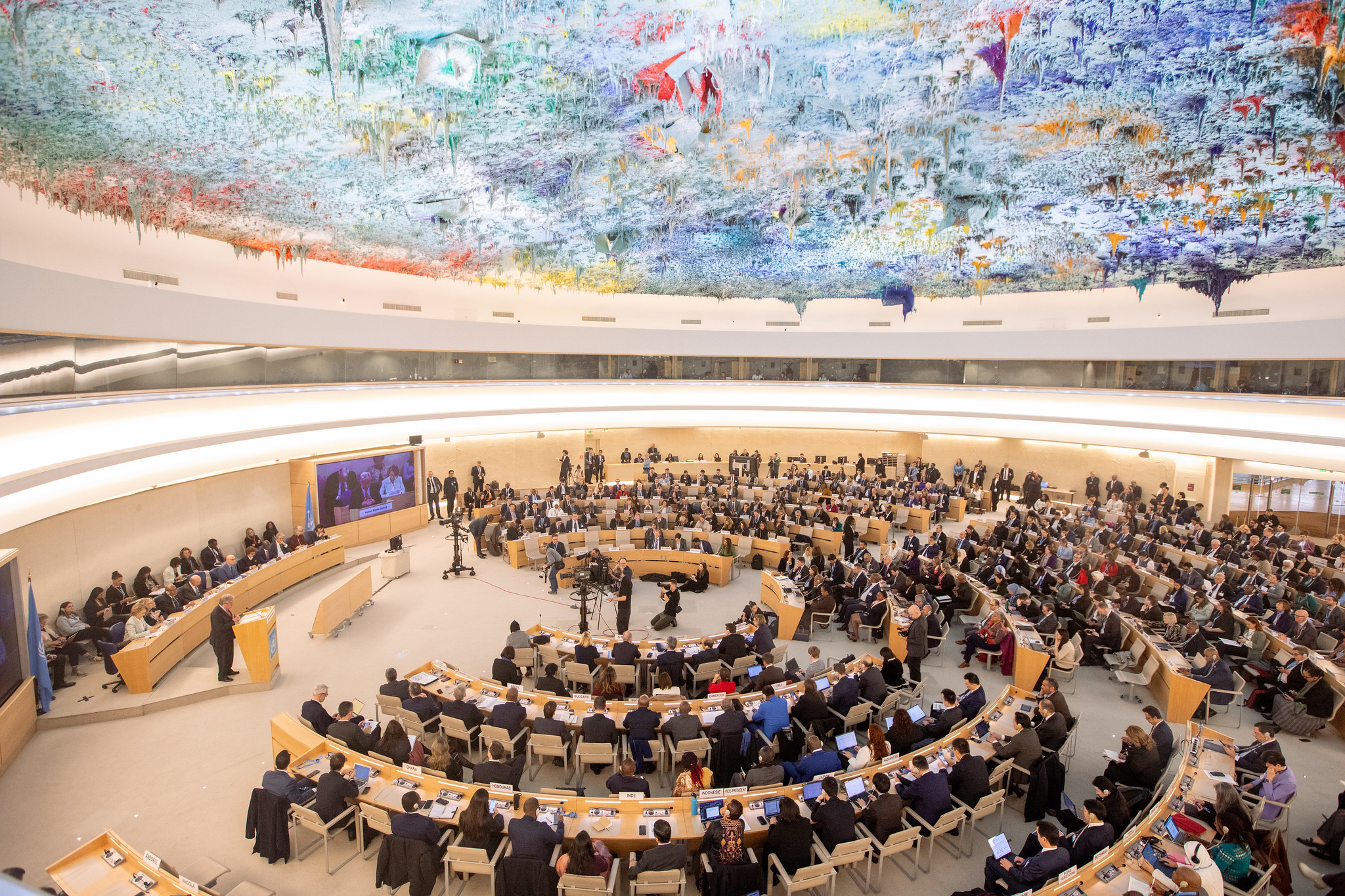United Nations Human Rights Council
60th Regular Session
Item 3
Statement by the International Commission of Jurists in the Interactive Dialogue with the UN Special Rapporteur on truth, justice, reparation and guarantees of non-recurrence
10 September 2025
Special Rapporteur,
The ICJ concurs with you that the proper documentation of human rights violations and abuses is key to establishing truth, including preserving historical records against revisionism, facilitating the search for missing persons, accountability and exercise of the right to an effective remedy and reparation.
The situation in Syria exemplifies the imperative of such documentation. The efforts of the IIIM, the Commission of Inquiry, and civil society organizations in documenting human rights violations and abuses and preserving evidence is crucial for the transitional justice process. The ICJ calls on the Syrian interim authorities to ensure that this process bring truth, justice and redress for all victims, and that there is no impunity for past and ongoing crimes.
Transitional justice is also about establishing lasting governance structures that can fairly administer justice, including to address impunity. In Nepal, we have witnessed in the past days a general collapse in governance, following Gen Z youth led demonstrations against the banning of social media, public corruption, nepotism and impunity. While the situation is complex, some of the impetus reflects accumulated frustration at the state’s failure to ensure good governance, address past violations, establish accountability, and strengthen the rule of law.
Many thousands of serious violations of human rights and humanitarian law committed during Nepal’s internal conflict (1996–2006) remain unaddressed. The ICJ recalls that amnesties for crimes under international law are never appropriate and we condemn laws that foster impunity. Nepal’s transitional justice law continues to allow for amnesties for certain crimes.
The UN and international community should ensure their involvement in transitional justice processes does not serve to legitimize impunity for international crimes or undermine the quest for truth, justice and reparation by victims and survivors.
Thank you.
Statement delivered by: Sandra Epal-Ratjen – International Advocacy Director – ICJ
For more information, contact: Sandra.epal@icj.org
Watch the statement delivery:





